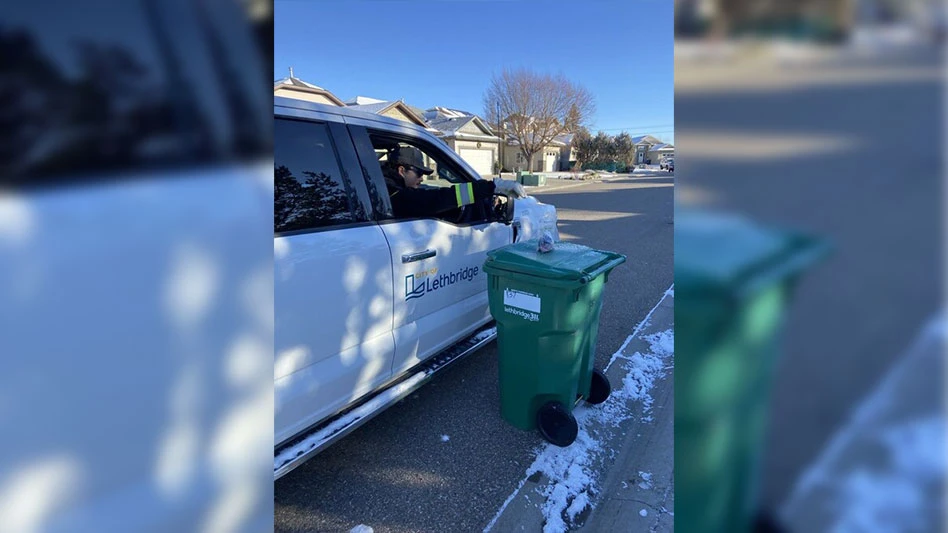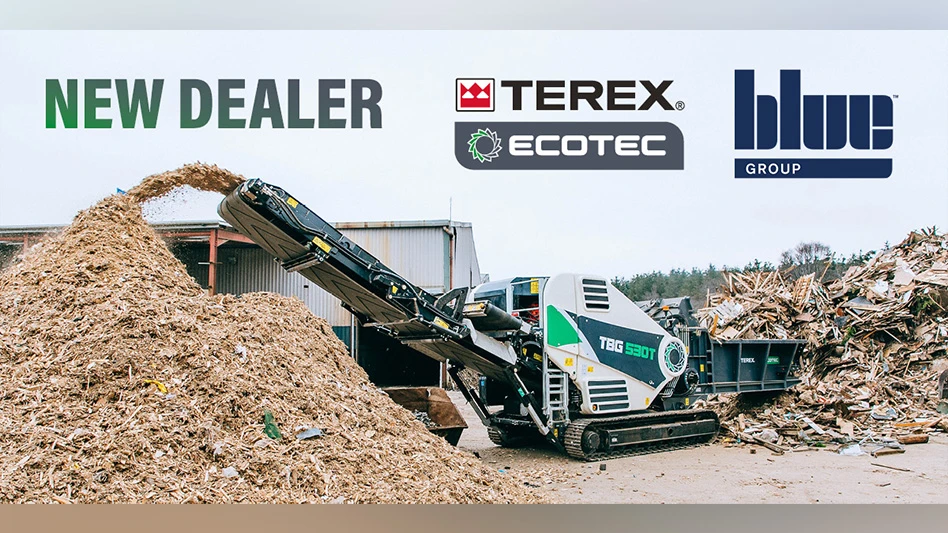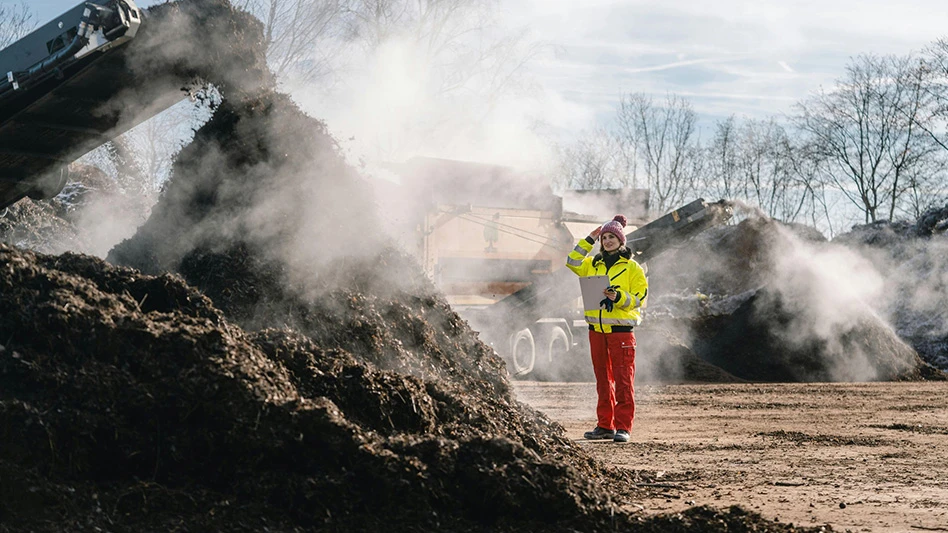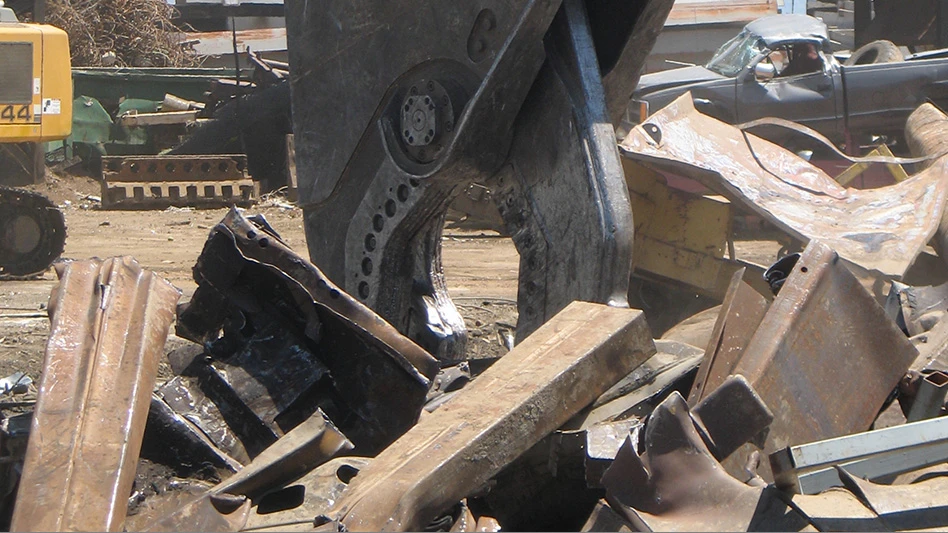Electronics recycling company Materials Processing LLC, (MPC), Mendota Heights, Minnesota, has corrected a number of hazardous waste violations as part of a recent agreement it signed with the Minnesota Pollution Control Agency (MPCA), the agency reports.
The MPCA says it found that MPC four sites in the Minneapolis-St. Paul metropolitan area that each lacked a hazardous waste storage permit. Additionally, the MPCA claims the company failed to conduct hazardous waste inspections, ensure a secure site and ship the waste in accordance with hazardous waste rules.
MPCA staff says it discovered the company had stored more than 5 million pounds of crushed cathode ray tubes (CRTs), which are considered hazardous waste, in 128 semitrailers. The company did not have a required hazardous waste contingency plan to help minimize the risks of contamination in an emergency, nor was there adequate space available for personnel and emergency equipment to access hazardous waste areas, according to the agency.
MPC has addressed these problems by removing the trailers and sending their contents to a permitted hazardous waste facility, the MPCA says. Based on the alleged violations, the company has agreed to pay a $125,000 civil penalty.
MPCA says the Stipulation Agreement with MPC is one of the tools the agency uses to achieve compliance with environmental laws. When calculating penalties, the agency takes into account how seriously the violation affected the environment, whether it was a first-time or repeat violation and how promptly the violation was reported to appropriate authorities. The agency says it also attempts to recover the calculated economic benefit gained by failure to comply with environmental laws in a timely manner.
MPCA says the Stipulation Agreement with MPC is one of the tools the agency uses to achieve compliance with environmental laws. When calculating penalties, the agency takes into account how seriously the violation affected the environment, whether it was a first-time or repeat violation and how promptly the violation was reported to appropriate authorities. The agency says it also attempts to recover the calculated economic benefit gained by failure to comply with environmental laws in a timely manner.
In response to the MPCA’s announcement, MPC released the following statement:
“Part of our mission at MPC is to constantly examine and evaluate new and innovative methods for more effective recycling of all kinds of e-waste material. During an exploration of an improved approach to processing leaded glass from CRTs in 2013, MPC was cited for improper storage of materials by MPCA.
“The citation relates to a paperwork classification of those materials as opposed to any environmental misdoing. MPC was not cited for any environmental release. MPC did not create a negative environmental impact but rather were working to ensure we created a positive one.
“MPC continues to work with MPCA and all other industry bodies. We maintain the highest standards and certifications for our business and welcome the partnership and the checks and balance of industry oversight for every recycler.”
MPC also has announced that it is appealing a one-year license suspension it has received by e-Stewards. MPC was an original signatory of the e-Stewards standards when the Basel Action Network (BAN), Seattle, first proposed the standard in 2009. The suspension follows the MPCA’s notice of violation against MPC.
“We’re disappointed by this decision from our colleagues at e-Stewards and we’re working with them to appeal this situation,” says David Kutoff, MPC CEO. “MPC participated in the creation and launch of the e-Stewards standards and we remain full supporters of best practices across the industry. We made a mistake. It didn’t impact the environment or public safety, but it’s an important reminder to all recyclers to stay vigilant and adhere to the highest standards.”
Kutoff adds that e-Stewards license suspension can be triggered when a member company receives civil penalties in excess of $100,000, which MPC received in association with its settlement. The company says the violation relates to one specific incident of waste classification and permitting requirements for the storage of processed cullet from 2013 as opposed to any environmental misdoing. MPC says it was not cited for any environmental release and did not create a negative environmental impact or public health risk.
As MPC appeals the e-Stewards decision, the company says operations will continue in full conformance to all currently held standards.
“We maintain the very highest standards for our business and our clients,” says Kutoff. “We will continue to work collaboratively with e-Stewards as we do with MPCA and all other industry bodies to ensure that never changes. We welcome the checks and balances of all industry oversight for every recycler.”
Latest from Recycling Today
- Phoenix Technologies closes Ohio rPET facility
- EPA selects 2 governments in Pennsylvania to receive recycling, waste grants
- NWRA Florida Chapter announces 2025 Legislative Champion Awards
- Goldman Sachs Research: Copper prices to decline in 2026
- Tomra opens London RVM showroom
- Ball Corp. makes European investment
- Harbor Logistics adds business development executive
- Emerald Packaging replaces more than 1M pounds of virgin plastic





